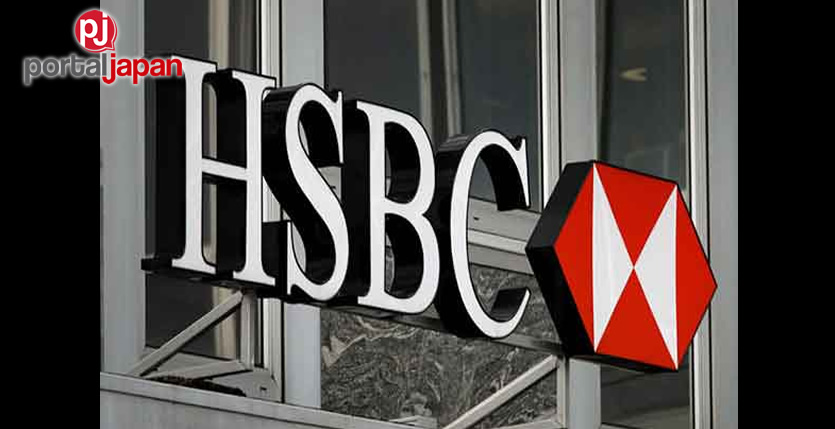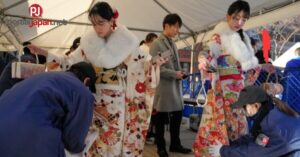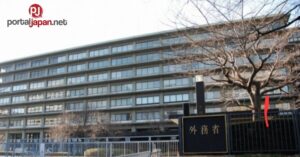The Hongkong and Shanghai Banking Corp. Ltd. raised anew the country’s economic growth forecast as the Philippines continued to stand out as one of the strongest performers in Asia.
In its latest Asian Economics report for the fourth quarter, HSBC economist Joseph Incalcaterra said the country’s gross domestic product (GDP) growth projection has been revised upwards to 6.5 percent instead of 6.3 percent this year due to the stronger-than-expected expansion in the first half.
The country’s GDP growth accelerated to seven percent in the second quarter of the year from 6.8 percent in the first quarter amid the strong boost from election related spending.

This brought the GDP expansion in the Philippines to 6.9 percent in the first half from 5.5 percent in the same period last year.
“The Philippines continues to stand out as one of Asia’s strongest performers. Following the strong outturn of growth in the first half of 2016, we recently raised our full-year forecast from 6.3 percent to 6.5 percent,” he said.
The bank sees the country’s GDP growth easing to 6.4 percent in the third quarter and to six percent in the fourth quarter.
“Although growth will moderate in year-on-year terms through the second half as the impact from the elections and budget front-loading wears off, overall domestic demand will nonetheless remain resilient as government spending continues to fuel growth,” Incalcaterra said.
Likewise, HSBC retained the GDP growth forecasts for 2017 and 2018 at 6.3 percent and 6.4 percent, respectively.
“This isn’t to say there aren’t challenges to growth. After all, exports have been contracting rather sharply as of late – while imports of capital equipment surged – and the trend growth of remittances has also moderated to approximately 3.5 percent,” he said.
Latest data from the Bangko Sentral ng Pilipinas (BSP) showed cash remittances contracted 5.4 percent in July, bringing down the growth in the amount of money sent home by Filipinos abroad to three percent in the first seven months of the year.
Authorities believe the growth in receipts from the business process outsourcing (BPO) as well as tourism sectors would cushion the slowdown in the cash remittances.
“While remittances may not provide the same boost to consumption as before, we think that the improvement in domestic employment opportunities, mostly from construction, BPO and tourism, are more than able to offset the effect for now,” he said.
The economist noted long-term issued such as the structural trade deficit as well as the not too bright outlook for manufacturing exports outside of electronics.
He pointed out the Philippines would remain highly vulnerable to weather trends with the onset of La Niña after the bout with El Niño.
Source and image: Philstar
















Join the Conversation